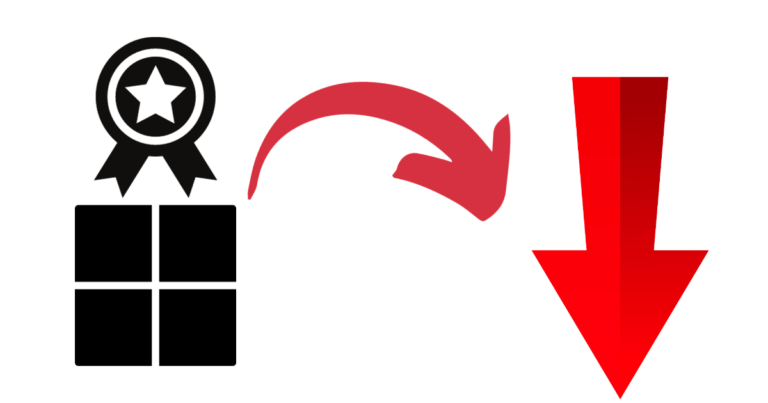
A personal loan is an important business you deal with in your life. If you don’t pay back on time, collections companies are going to come for you and you will find yourself trapped in a dire financial situation. That is why you should be asking yourself 7 questions before applying for a loan.
1. How Much Money Do You Need?
The first question is how much money you need to borrow for your emergency expenses. Personal loans can extend a loan amount of a minimum of $1,000. If you need less than $1,000, you should be using your savings instead. You can use innovative finance loans to cover expenses of up to $35,000.
2. Do You Want to Use the Loan to Consolidate Your Debt?
Secondly, you need to ask the question of whether you are applying for a loan for debt consolidation. There are a few lenders that can send the funds to your creditors if you are applying for the loan for debt consolidation purposes. You can ask the lender to wire the funds to a checking account if you prefer to send the funds to the creditors yourself.
3. How Long Do You Want to Spend in Making the Repayment?
You have to ask yourself how long you want to spend paying back the loan. Most loans can last for 2 – 7 years and you have the option to select the repayment term. The longer the repayment period, the higher the interest you will pay in the monthly payment.
4. How Much Interest Fees Will You Be Paying?
It is important to find out about the interest fees that you are going to pay for the loan. Borrowers with good credit ratings can pay interest as low as 3.5% – 7% and choose a short repayment term. If you don’t have a good credit rating, the interest fees can go as high as 29.99%.
5. Can You Afford the Monthly Payment?
Next, you need to ask the question of whether you can afford the monthly payment. Many lenders offer discounts of 0.25% – 0.5% on the interest fees through using autopay. Some people prefer to make a low payment every month. They want to use their income for other expenses and don’t want to spend too much on paying back the loan. Low monthly payment equals a longer repayment period. On the other hand, if you want to quickly pay off your loan, you should opt for a high monthly payment. As a rule of thumb, you should not spend more than 35%-43% on debt. Lenders are usually reluctant to extend the loan to people who have a debt to income ratio higher than 43%.
6. What Types of Fees the Personal Loans Charge?
You need to check with the lender whether the personal loan charges fees. Most personal loans charge origination fees between 1%-5%. The fee is automatically deducted, for example, if you take out a loan of $30,000 and the origination fee is 5%, you will receive $28,500. With a good credit score, you can avoid loans that charge origination fees. You also need to consider the late fee, which is charged when you miss the due date. Some lenders offer a grace period of 1 – 5 days. There is also the prepayment penalty fee which is charged if you pay off your debt early. A prepayment penalty fee is charged because lenders want to get paid with the interest for the full term.
7. Does the Personal Loan Help You Rebuild Your Credit Score?
Whether the personal loan will help you build your credit depends on the lender. The lender needs to be reporting to at least one credit bureau. If your payment gets reported, your credit score can be built up when you slowly make payment on time. It can have a reverse effect on you if you fail to make repayment on time.






